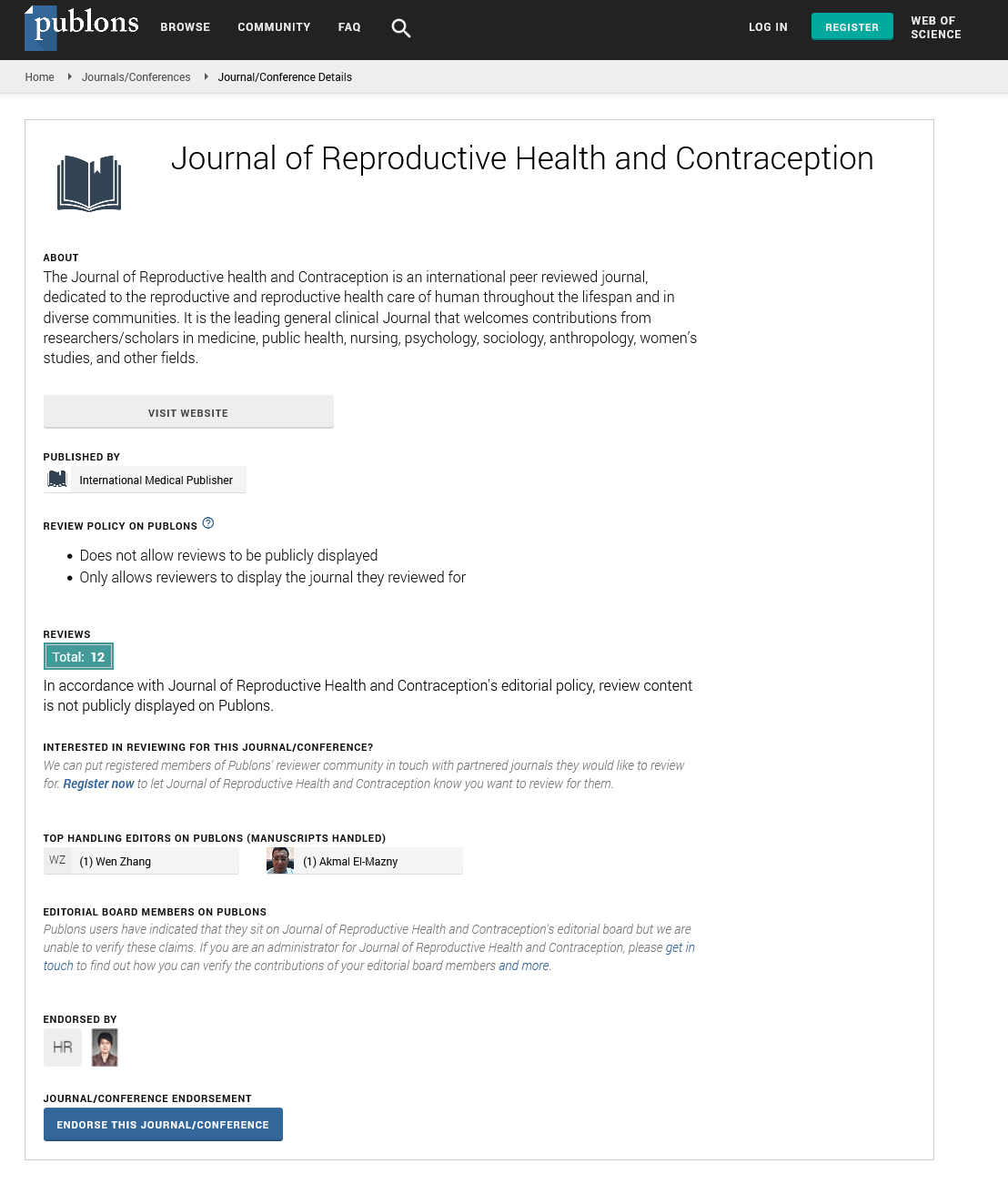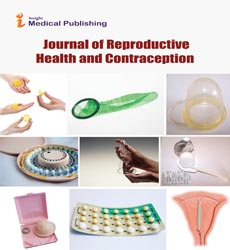Abstract
Male Involvement in Birth Plan and Complication Readiness Jima Arjo Town, East Wollega, Western Ethiopia: Community based Cross-Sectional Study
Background: Birth plan and complication readiness is the strategy to promote the timely use of skilled maternal and neonatal care, especially during child birth which make the family or partner ready and reduces delays in obtaining care.
Objective: The aim of this study was to assess male involvement in Birth Preparedness and Complication Readiness (BP/CR) and associated factors among married male partner in Jima Arjo town, east Wollega, West Ethiopia.
Methods: Community based cross sectional study design was conducted from March 10-12 GC in Jima Arjo town. Both kebeles in Jima Arjo town were selected; census was conducted to identify household having less than one year old child and systematic sampling method was used to select 203 study participants. Collected data was cleaned and entered in to SPSS (Statistical Package for Social Sciences) version 20 for analysis. Descriptive statistics and logistic regression was done to indentify factors associated with substance use in the study area.
Results: The overall birth preparedness and complication readiness practice among married male in Jima Arjo Town was 132 (68.4%). Majority of male partners had good knowledge 115 (59.6%). Husbands who can’t read and write (AOR=0.056, 95% CI=0.04-0.761); Partners involved in domestic household activities (AOR=3.27, 95% CI=1.346-7.918) and husbands who had poor knowledge (AOR=0.212, 95% CI=0.05-0.875) were associated with male involvement in birth preparedness and complication readiness.
Conclusion: Male involvement in birth preparedness and complication readiness in this study area was relatively high. Knowledge of danger signs, education of husbands, involved in domestic household activity was found to affect male involvement in birth preparedness and complication readiness. Therefore action should be taken increase male involvement in BP/CR further through increasing awareness of the partner, family and community towards danger signs of pregnancy, labor, postpartum period and neonates which could avert delays at all levels.
Author(s):
Abstract | Full-Text | PDF
Share this

Google scholar citation report
Citations : 201
Journal of Reproductive Health and Contraception received 201 citations as per google scholar report
Journal of Reproductive Health and Contraception peer review process verified at publons
Abstracted/Indexed in
- Google Scholar
- China National Knowledge Infrastructure (CNKI)
- WorldCat
- Publons
Open Access Journals
- Aquaculture & Veterinary Science
- Chemistry & Chemical Sciences
- Clinical Sciences
- Engineering
- General Science
- Genetics & Molecular Biology
- Health Care & Nursing
- Immunology & Microbiology
- Materials Science
- Mathematics & Physics
- Medical Sciences
- Neurology & Psychiatry
- Oncology & Cancer Science
- Pharmaceutical Sciences


